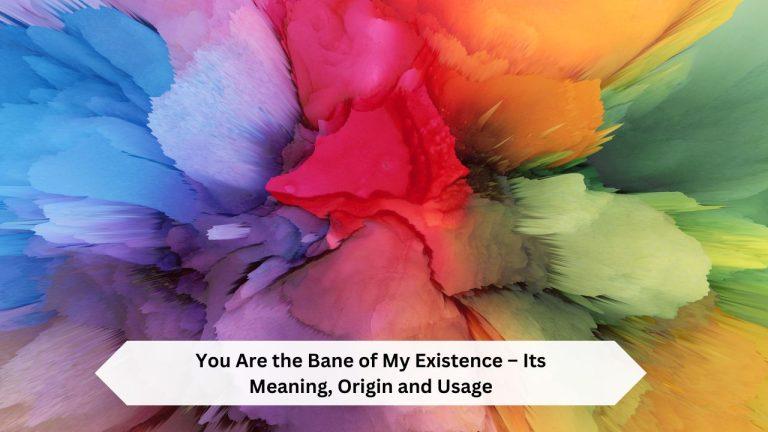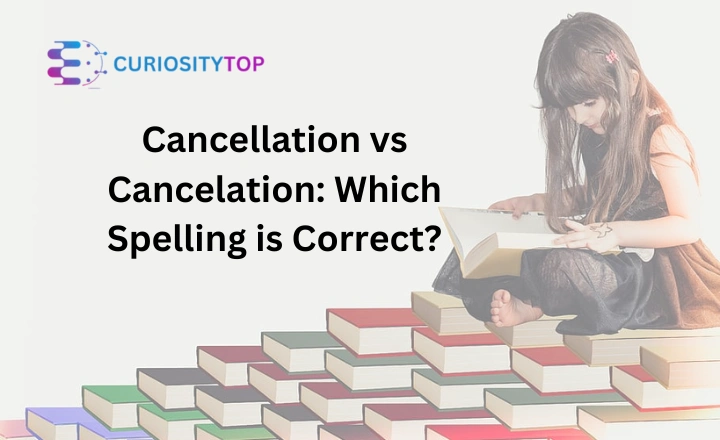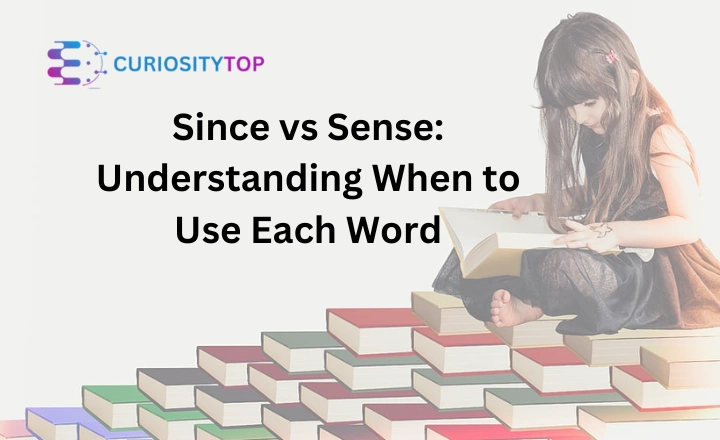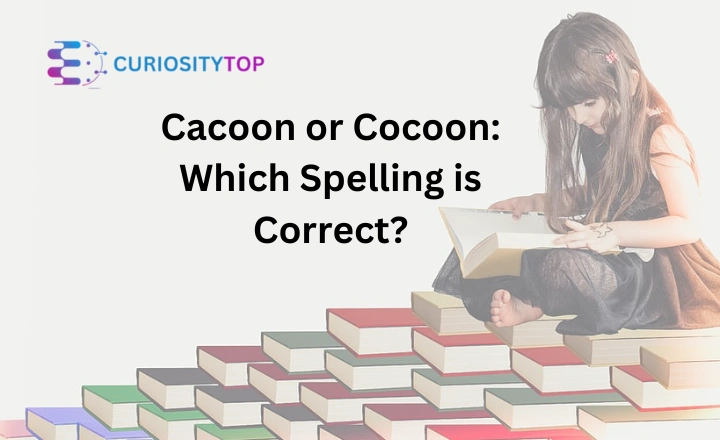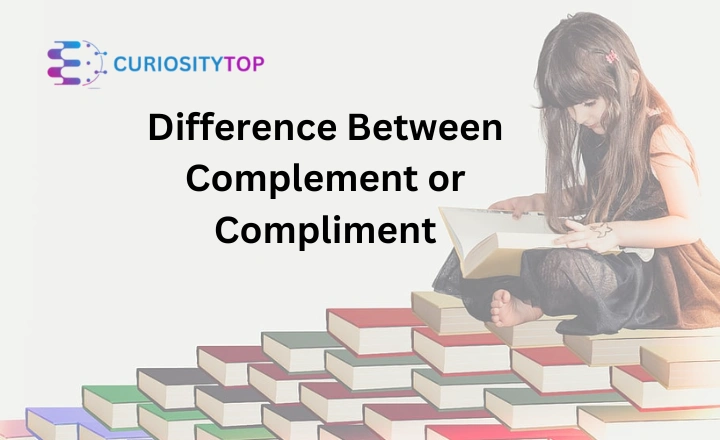20 Writing Tips That Will Make You a Better Writer
Strong writing doesn’t just happen on its own. You have to stay intentional, put in effort, and adopt strong habits to ensure your words actually make an impact. Therefore, no matter if you are drafting content for your clients, building a blog, or polishing a pitch, you have to ensure your words deliver clearly. They…


